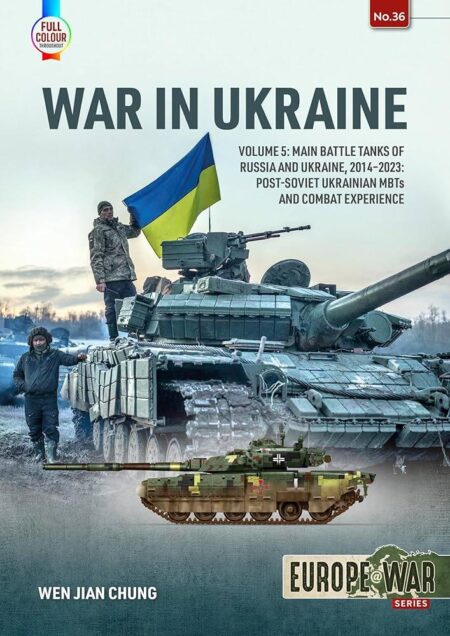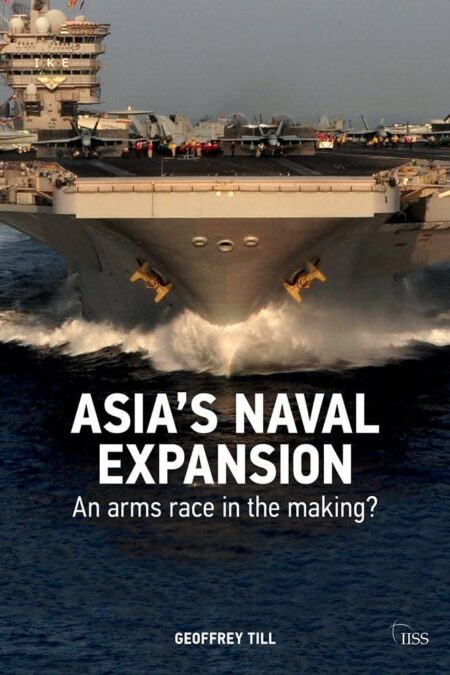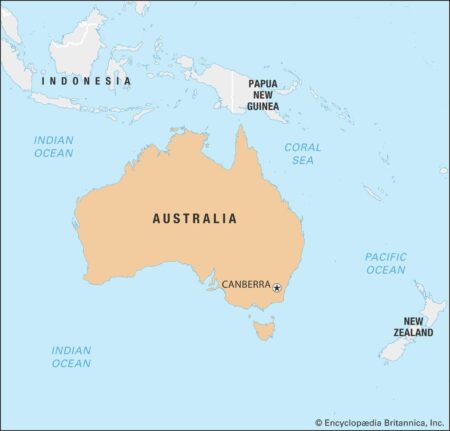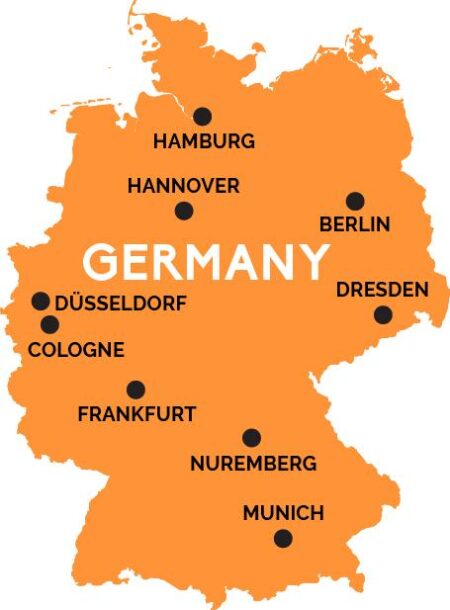In a stark warning, the US envoy suggested that Ukraine risks a partition similar to post-World War II Berlin if the conflict escalates. The comments underline the urgent need for diplomatic solutions to avoid further fragmentation of the nation.
Browsing: global security
The UK’s military capabilities solidify its role as a key partner for Europe, enhancing collective defense and security. With ongoing geopolitical challenges, Britain’s commitment to NATO and regional collaborations underscores its strategic importance on the continent.
Russia is set to embark on a significant naval expansion initiative, with plans to invest approximately $100 billion. This ambitious project aims to rejuvenate its maritime capabilities amid rising geopolitical tensions, signaling a pivotal shift in naval strategy.
The UK and Australia have announced a strategic partnership to develop next-generation weapons systems, enhancing military capabilities and addressing emerging threats. This collaboration aims to strengthen defense ties between the two nations amid evolving global security challenges.
Australia faces a rising threat of jihadist conflict, as intelligence reports indicate a surge in extremist activities. Authorities are increasingly concerned about homegrown terrorism, prompting urgent calls for enhanced security measures nationwide.
Lyon, France, serves as the headquarters for INTERPOL’s Commission for the Control of INTERPOLﻗs Files (CCF). This article delves into the timelines and procedural complexities that influence decisions at the CCF, highlighting the impact of delays on international justice.
Israel’s intricate relationship with Russia may gain traction if Trump resumes the presidency. As geopolitical dynamics shift, Chatham House suggests that Trump’s approach could enhance strategic cooperation, influencing regional stability and security.
Military chiefs convened in the UK to address strategies for enhancing protections for Ukraine amid ongoing conflict. The discussions focus on bolstering defense capabilities and ensuring regional stability in the face of heightened tensions.
France is set to reopen its fourth nuclear air base amid a growing urgency across Europe to bolster military capabilities. This move reflects heightened security concerns and a renewed focus on deterrence in a shifting geopolitical landscape.
France’s nuclear capabilities serve as a strategic deterrent not only for itself but potentially for its European allies. However, the question remains: can its neighbors effectively integrate under this nuclear umbrella while navigating their own security concerns?
Former President Trump has urged for immediate peace talks with Russia, warning that failure to act soon could lead to escalated conflict. He hinted at potential sanctions, emphasizing the urgency of diplomatic efforts to prevent further deterioration in relations.
In a significant diplomatic overture, the Trump administration called on Iran to resume nuclear negotiations. This request signals a potential shift in U.S. foreign policy, as officials seek to address concerns over Iran’s nuclear ambitions amid rising tensions.
Germany’s likely next government is advocating for increased defense spending amid growing concerns about the United States’ commitment to European security. This shift reflects a reassessment of defense priorities in response to global geopolitical tensions.
As geopolitical tensions rise, the question of whether France and the United Kingdom can effectively replace the U.S. nuclear umbrella emerges. This shift could reshape NATO dynamics and Europe’s defense posture, challenging traditional security alliances.
India’s recent advancements in defense technology are poised to reshape the global landscape, particularly in strategic partnerships and military capabilities. As the nation boosts its defense spending and innovation, the implications for regional and international security dynamics are significant.
In a recent address, Labour leader Sir Keir Starmer proposed a “coalition of the willing” to secure lasting peace in Ukraine. Emphasizing international cooperation, he urged nations to unite in support of Ukraine amid ongoing conflict, aiming for stability and security.
The Center for Strategic & International Studies highlights the importance of strengthening defense industrial cooperation between Australia and the United States. Enhanced collaboration is crucial for addressing shared security challenges and fostering regional stability.
A recent report from AirForceTimes.com suggests that the United States may be preparing to establish a nuclear program based in the United Kingdom. This development raises significant implications for international security and defense collaboration between the two nations.
Japan has called on G7 nations to strengthen their unity in support of Ukraine, emphasizing the need for coordinated efforts to achieve “lasting peace.” The appeal comes amidst ongoing tensions and highlights Japan’s commitment to international stability.
The U.S. is reportedly opposing the inclusion of a direct reference to “Russian aggression” in the G7 statement commemorating Ukraine’s anniversary. This move raises questions about the bloc’s unified stance on Moscow amid ongoing conflict.




















